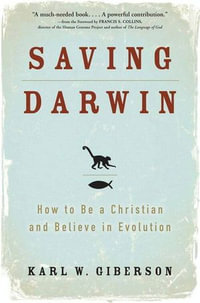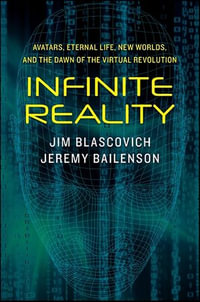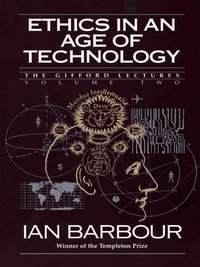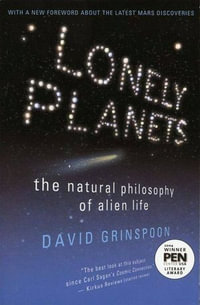Booktopia has been placed into Voluntary Administration. Orders have been temporarily suspended, whilst the process for the recapitalisation of Booktopia and/or sale of its business is completed, following which services may be re-established. All enquiries from creditors, including customers with outstanding gift cards and orders and placed prior to 3 July 2024, please visit https://www.mcgrathnicol.com/creditors/booktopia-group/

At a Glance
eBook
RRP $189.00
$170.99
10%OFF
or
Instant Digital Delivery to your Booktopia Reader App
ISBN: 9783030894849
ISBN-10: 3030894843
Series: Biosemiotics : Book 25
Published: 16th February 2023
Format: ePUB
Language: English
Publisher: Springer International Publishing
Volume Number: 25
You Can Find This eBook In
This product is categorised by
- Non-FictionLiterature, Poetry & PlaysHistory & Criticism of LiteratureLiterary Theory
- Non-FictionPhilosophyHistory of Western PhilosophyWestern PhilosophyPhenomenology & Existentialism
- Non-FictionScienceBiology, Life Sciences
- Non-FictionReference, Information & Interdisciplinary SubjectsInterdisciplinary StudiesSemiotics & Semiology
- Society & Social Sciences
- Non-FictionScienceScience in GeneralPhilosophy of Science
- Miscellaneous Items
























